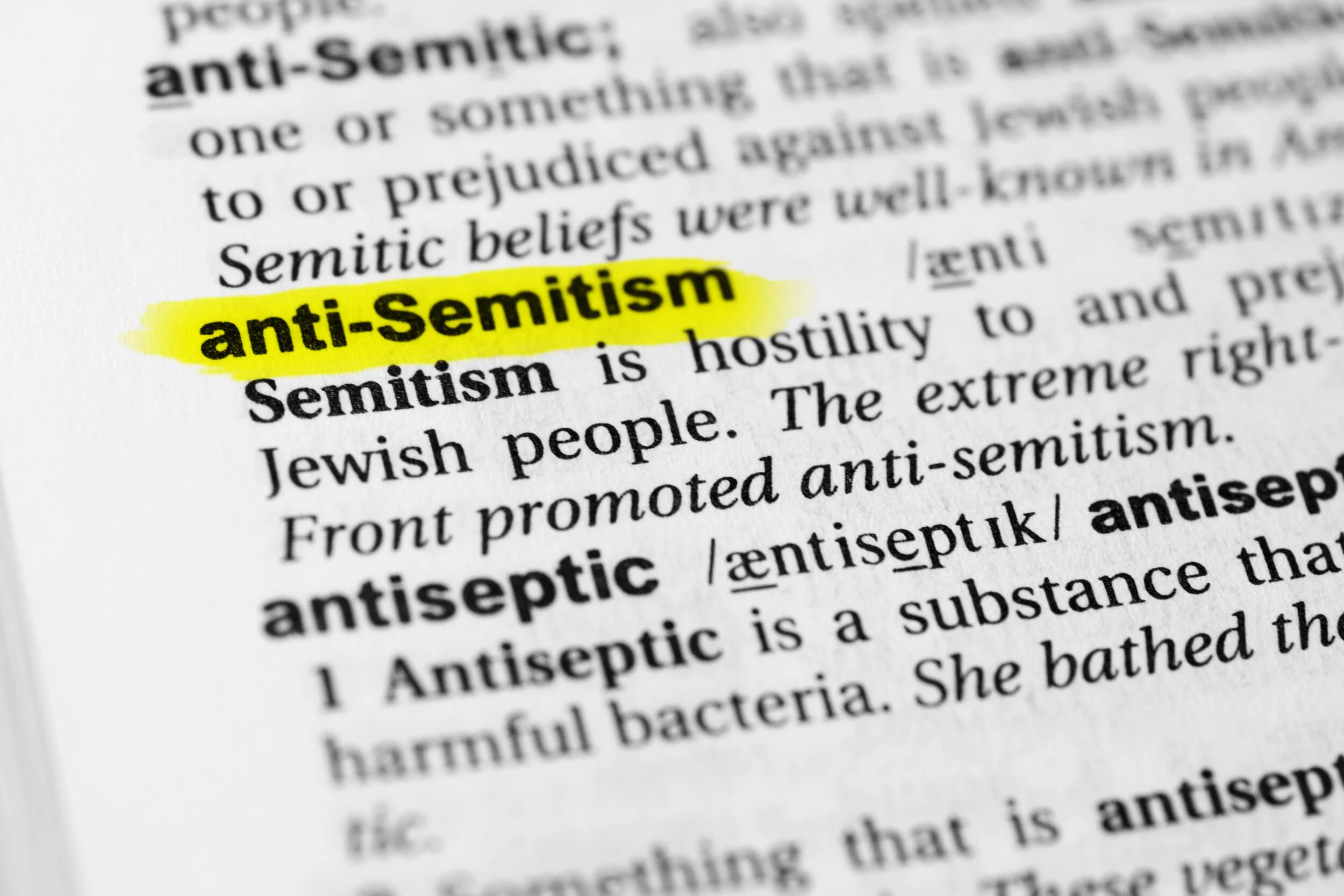A tired Jewish cliche states, “two Jews, three opinions.” As a member of the tribe for, well, my entire life, I have to agree that it has a clear ring of truth.
However, I’m inclined to say that it’s not just Jews who seem to disagree about almost everything, certainly these days, and perhaps never. To quote the Talking Heads (one of my favorite post-punk rock bands, “same as it ever was, same as it ever was…”
So, President Joseph R. Biden, unity will not be had just for the asking. But I digress.
Among the latest Jewish communal verbal slugfests is one an outsider might reasonably think Jews would likely agree upon — which is, how do you define anti-Semitism?
But we don’t, because nothing is simple in life (allow me to refer you back to the “two Jews, three opinions” cliche above) no matter what we’d like to think.
This is particularly so when you add Israel to the equation. Or, to be more precise, the question of what constitutes fair political criticism of Israel and what is unfair — or biased — criticism of Israel that bleeds into hateful anti-Semitism?
The top of this JTA (the international Jewish news agency) story from mid-January lays out the issue.
(JTA) — When is it anti-Semitic to criticize Israel?
Anti-Semitism signifies hatred of Jews and the ways that hatred is perpetuated through age-old conspiracy theories and their modern variants. But what about when that hatred is expressed through rhetoric about the Jewish state? Is anti-Zionism anti-Semitism?
Those questions have divided American Jews in recent years — and are doing so again.



